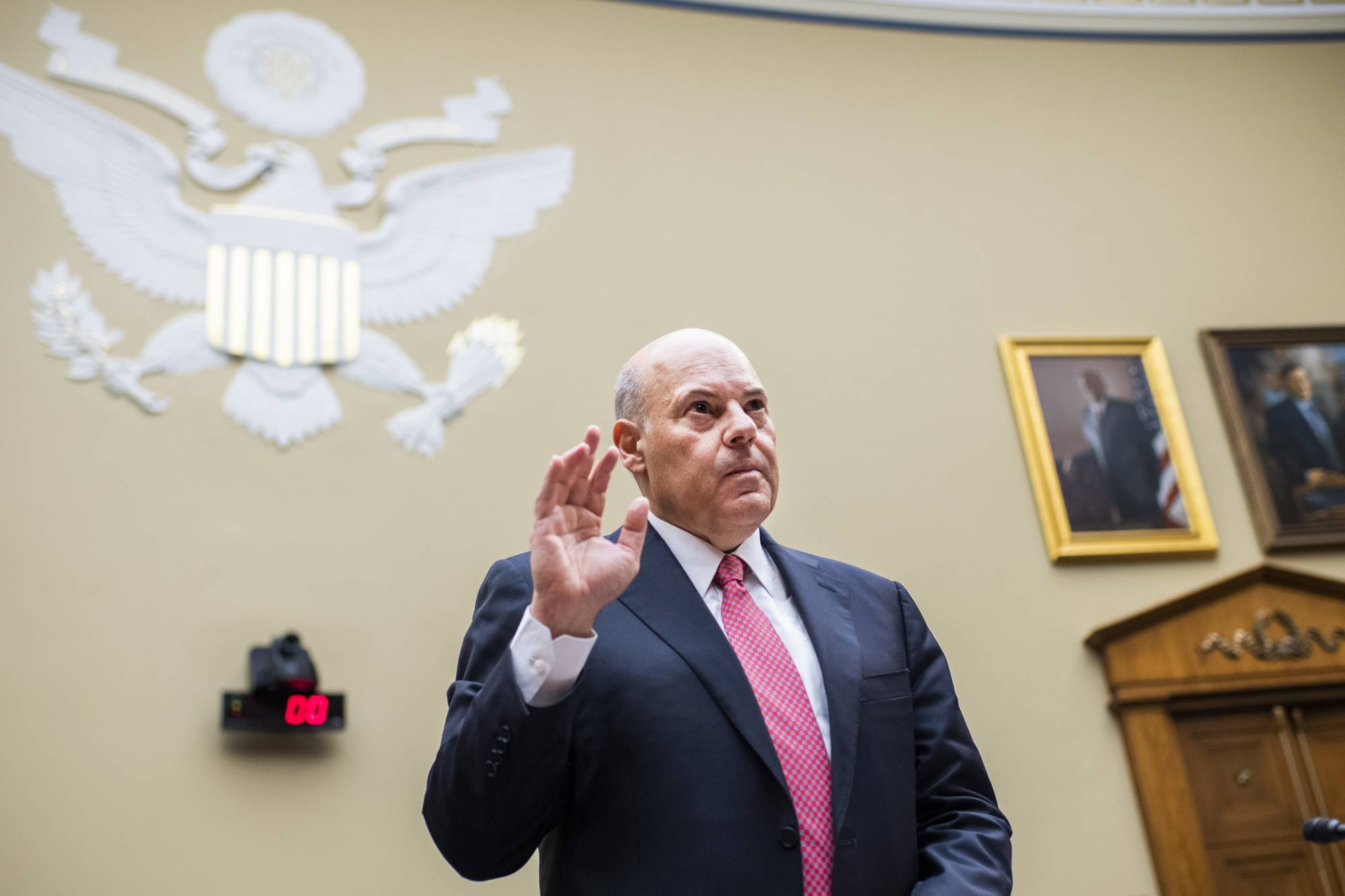AP WAS THERE: In 1967, Colorado 1st to loosen abortion law
Half a century ago, Colorado became the first state to allow abortion for reasons other than rape or an imminent threat to a woman's health
DENVER (AP) — EDITOR’S NOTE: On April 25, 1967, Colorado became the first state to allow abortion for reasons other than rape or an imminent threat to a woman’s health. The bill passed a Republican-controlled Legislature with bipartisan support and was signed into law by Republican Gov. John Love despite strong objections from many constituents.
On the 50th anniversary of the bill becoming law, the AP is republishing a version of its story.
___
April 25, 1967
Gov. John A. Love said his decision to sign a bill liberalizing Colorado’s abortion laws was “one of the more important and difficult decisions of my experience in office.”
The governor said before signing the bill Tuesday his mail ran to about 5,000 letters and telegrams — “about 2,600 against and about 2,400 for the bill.”
Love said “the bill itself is completely permissive, not requiring any hospital, doctor, nurse, potential mother or any other person to act in any way to terminate a pregnancy at any time.”
Catholics Opposed
Leonard Carlin, president of the Catholic Lawyers Guild of Denver which opposed the bill, said he was disappointed, but not surprised.
“My impression,” Carlin said, “was that he (Love) was one of the most enthusiastic supporters of the bill.”
Dr. Dana McLean Greeley, Unitarian Church leader, telegraphed Love, “We believe this bill, setting forth certain conditions for the interruption of pregnancy will be a landmark in American legislation.”
Dr. Greeley is president of the Unitarian Universalist Association, the national organization of the Unitarian Church, which is beginning its National Assembly in Denver Saturday. Colorado’s seven Unitarian ministers also signed.
Consent of Board
Love said the new law requires that abortions be performed only in accredited hospitals and that each operation must have the unanimous consent of a special three-man board of physicians.
“I am certain that the operation provided for will occur only in hospitals, subject to a severe test of accreditation, which will successfully prevent anything approaching abortion clinics,” Love said.
“The fear that some have that Colorado will become an ‘abortion Mecca’ if this bill becomes law does not seem to me well founded.”
Love said “the use or abuse of the bill will continue to be of great interest and concern to me. If we find defects or omissions or if abuses do, indeed, occur, we shall be the first to seek changes.”
Contains Safeguards
He said, “I believe that the bill as written contains safeguards and is designed to do something about areas of suffering and abuse which have been of concern to a great many people for a great period of time.
“I have confidence that our licensed physicians, acting as a three-man board, and with the protection of the law, will act responsibly to prevent possible abuses,” the governor said.
Colorado law previously allowed abortions only in cases presenting a severe threat to the physical health of the mother or in pregnancies resulting from forcible rape.
The new law permits the ending of pregnancies presenting a severe threat to the health — mental or physical — of the mother. It allows the termination of pregnancies resulting from incest or from any of the classifications of rape — including statutory rape.
Abortions also will be permitted under the new law in pregnancies likely to result in a deformed or retarded child.
Half a century ago, Colorado became the first state to allow abortion for reasons other than rape or an imminent threat to a woman’s health. The bill passed a Republican-controlled Legislature with bipartisan support and was signed into law by Republican Gov. John Love despite strong objections from many constituents. Love said he was confident that fears Colorado would become an “abortion Mecca” were unfounded, according to Associated Press newsman Joseph Clark’s story _ which used the language of the time, including now-outdated language for rape laws and a term for mentally disabled children now considered offensive. Though women were instrumental in getting the measure passed, Clark’s account at the time quoted Love and other men speaking for and against the bill, and noted that women would still need permission from “a special three-man board of physicians” to obtain the procedure. Fifty years after the bill became law, the AP is republishing Clark’s original account.
Copyright © 2024 Federal News Network. All rights reserved. This website is not intended for users located within the European Economic Area.





